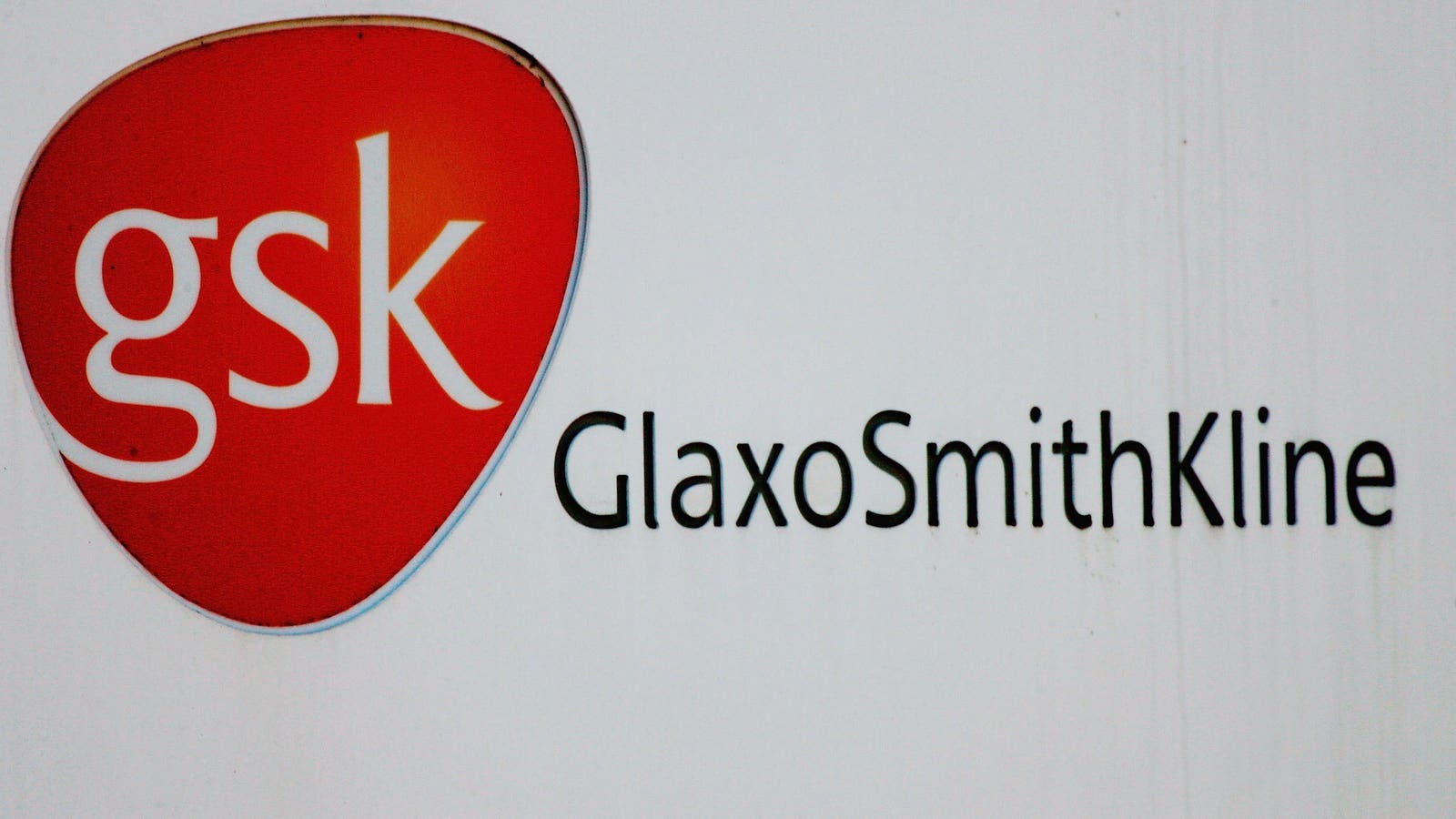On July 1, 2021 Elliott Advisors (UK) Limited published a letter sent to Sir Jonathan Symonds and Members of the Board of Directors of GSK, which includes Chief Executive Dame Emma Walmsley. More on the letter below but its essence was an analysis of GSK’s past performance, the company’s plans to separate the Consumer Health (CH) business from the pharmaceuticals and vaccine business (“New GSK”), and five recommendations.
This nine-page letter with an equal number of pages in appendices set off an exciting flurry of articles in the British press. It was also a confusing one. “It roars out a fire and brimstone sermon” declared Jim Armitage in the Evening Standard who the next day called it “an excoriating open letter to investors.” Alistair Osborne of The Times was less impressed calling it a “damp squib” and saying with an air of disappointment that “for a hedge fund with a bullying reputation, Elliott’s missive was almost subtle.” Nils Pratley of The Guardian was also disappointed, asking “Aren’t activist investors meant to sound angry?” Bryce Elder of the Financial Times fretted that “When did activism get so passive?” A most curious case.
Many of the articles were focused on Elliott’s first recommendation that a refreshed board of GSK establish a robust process for selecting the Chief Executives at both New GSK and CH. The bulk of the press expressed outrage, such as Matt Oliver of the Daily Mail calling it “an attack on Walmsley” and saying that Elliott had “declared war on” her. Alex Brummer of The Daily Mail, who stated that “The behaviour of activist investors is intrinsically wrong,” implied that there was an element of sexism, claiming that Elliott and another activist investor, Sweden-based Cevian Capital, focused on Aviva (Chief Executive is Amanda Blanc), were picking “fights with respected female chief executives.” Meanwhile, Elliott has placed six directors on U.S. public company boards this year (Alkermes, Evergy, Principal Financial Group, and Public Storage). Five of them are women. ‘Tis a most curious case indeed.
I will come back to the Walmsley issue but first it’s useful to do a bit of comparative analysis. I will then discuss the Elliott/GSK situation in more depth and conclude with some thoughts about activist investors.
I’ll start my comparative analysis with a rhetorical question: What does Houston-based oil gas giant ExxonMobil and London-based healthcare company GSK have in common? Four things: (1) a decade of financial underperformance relative to their peers due to (2) a poor strategy and capital allocation decisions exacerbated by (3) poor communications with shareholders that has resulted in (4) the attention of an activist investor.
SUBSCRIBE TO OUR NEWSLETTER
Subscribe our newsletter to receive the latest news, articles and exclusive podcasts every week


